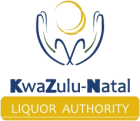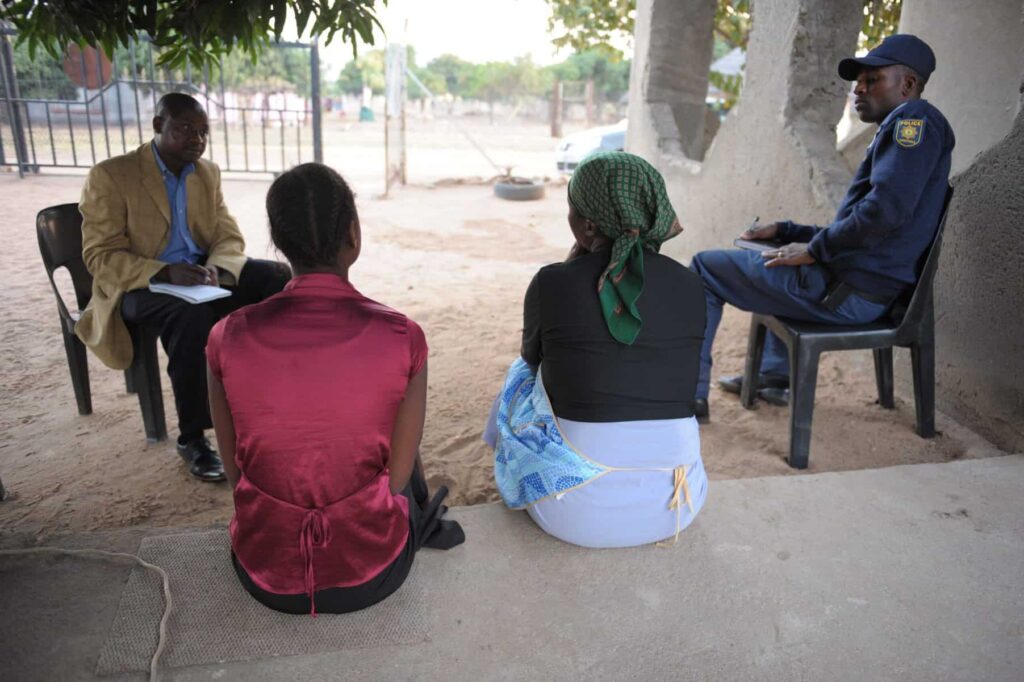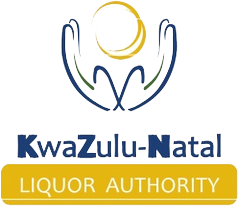Acting CEO of the KZN Liquor Authority has urged young people to prioritize their well-being by abstaining from alcohol until they reach the legal drinking age.
The KwaZulu Natal Liquor Authority has urged residents to be vigilant as underage drinking remains a prevalent issue in many communities.
This was stressed by the acting CEO of the authority Bheki Mbanjwa recently.
He said it is crucial for everyone to address this problem through comprehensive educational efforts, community engagement, and collaboration with law enforcement agencies and liquor outlets.
“Underage drinking is a serious issue that poses significant risks to the well-being and development of young individuals.
It impairs judgement, increases vulnerability to accidents, causes physical and mental health problems, creates academic difficulties, and raises the likelihood of developing alcohol-related disorders later in life.
“It is crucial to raise awareness about the negative effects of underage drinking and promote responsible behaviour among young people. It can have detrimental effects on a child’s life in various ways.
Mbanjwa said psychologically, it contributes to emotional instability, depression, and behavioural issues.
“Academically, alcohol use leads to decreased performance and disrupts future educational opportunities. Additionally, underage drinking increases the risk of engaging in risky behaviors such as physical fights, unprotected sex, substance abuse and criminal activities,” he said.
Mbanjwa said various factors contribute to underage drinking, including peer pressure, lack of parental guidance, easy access to alcohol, media influence, societal norms, and inadequate awareness of the consequences. To address this issue, he said, requires a multi-faceted approach.
“Collaboration between families, schools, communities, government agencies, and stakeholders is essential. Some strategies include strengthening education and awareness programmes, involving parents in guidance and support, enforcing strict regulations on alcohol sales, increasing law enforcement efforts, promoting alternative recreational activities, and fostering positive peer influences,” he said.
Mbanjwa said as an authority they promote responsible trading.
“To ensure responsible trading and combat the sale of liquor to underage persons, we conduct school visits to educate students about the consequences of underage drinking.”
Mbanjwa urged young people to prioritise their wellbeing, health, and future by abstaining from alcohol until they reach the legal drinking age. He added that they placed billboards in areas with high rates of underage drinking, reminding traders of their responsibility to not sell alcohol to minors.
Department of Social Development spokesperson Mhlabunzima Memela, said communities must not fold their arms and rely on the government in terms of coming up with programmes to educate children about the dangers of alcohol


